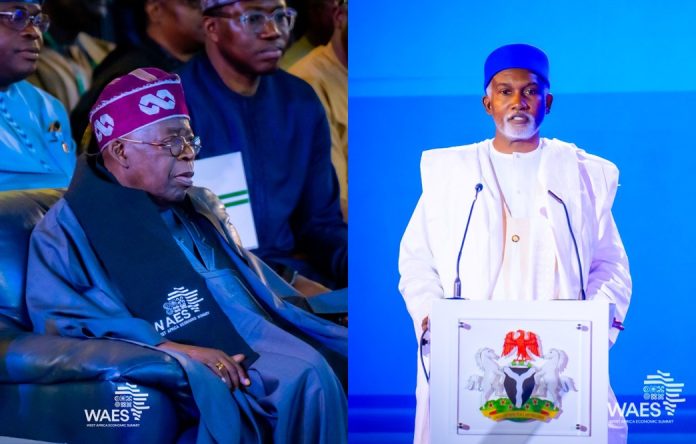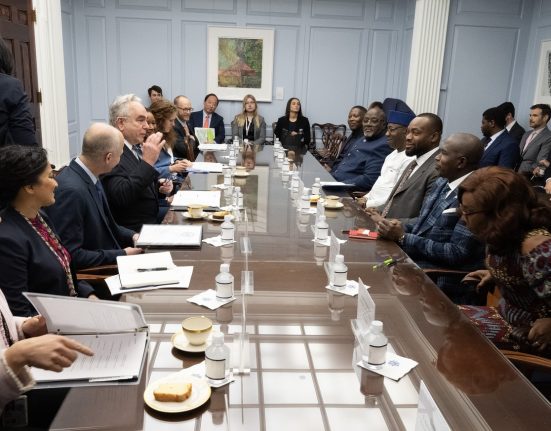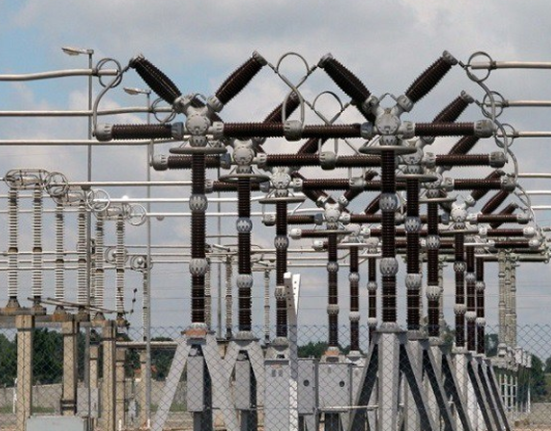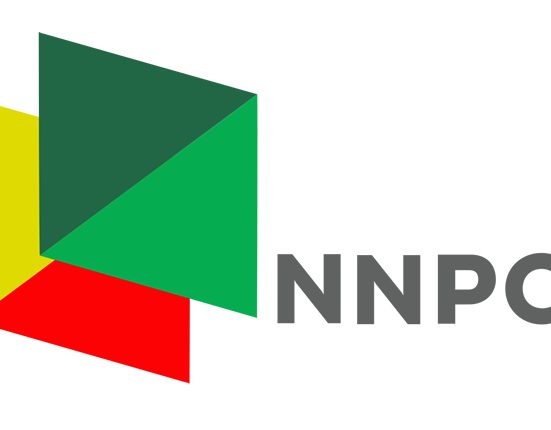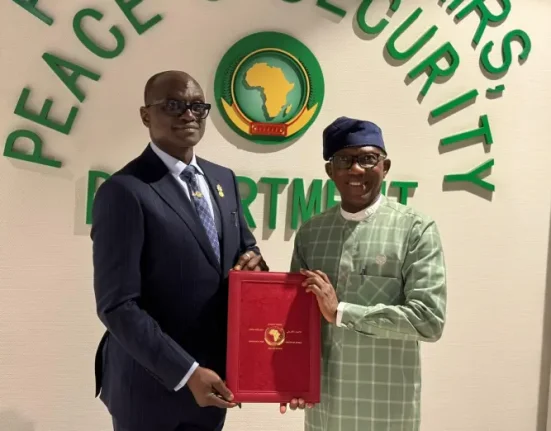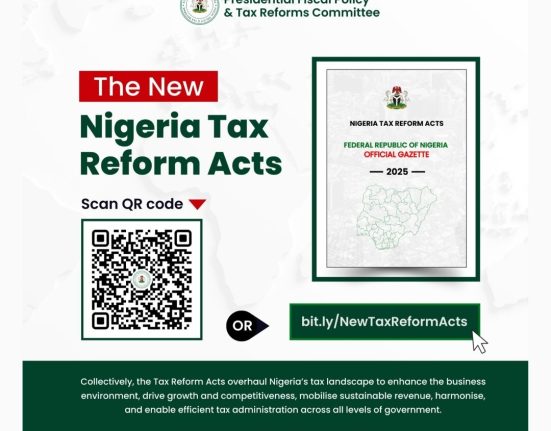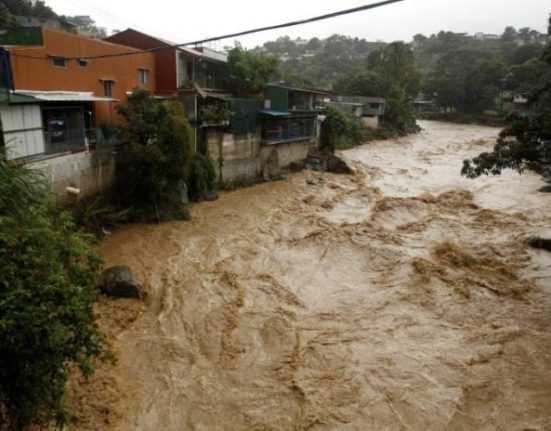ABUJA — Minister of Foreign Affairs, Ambassador Yusuf Maitama Tuggar, has emphasized that Nigeria and the Economic Community of West African States (ECOWAS) possess critical mineral reserves essential for steering the global transition to a sustainable future. He delivered this message during the West Africa Economic Summit (WAES 2025) held in Abuja from June 20–21, underscoring the region’s strategic potential in the emerging green and digital economies.
In his opening remarks, Tuggar urged governments and private sector stakeholders to form strong partnerships aimed at unlocking the vast mineral wealth within the continent. He stressed that regional integration, with practical mechanisms such as the ECOWAS Trade Liberalisation Scheme, the Abidjan–Lagos and Abidjan–Dakar transport corridors, and the West African Power Pool, orms the bedrock of sustainable development rooted in shared prosperity.
Drawing attention to global energy dynamics, he noted that West Africa is well-positioned to contribute significantly to the energy transition through accelerated domestic mineral processing and regional infrastructure development. He said the WAES serves as a focal platform to build legal and institutional capacities to attract investment in critical sectors like lithium, gold, gas, and other minerals necessary for renewable technologies .
Tuggar’s call aligns with his earlier advocacy at international forums, including the G20 Foreign Ministers’ Meeting in Johannesburg, where he stressed that harnessing minerals such as lithium is crucial for inclusive and sustainable growth in Africa.
He underscored the need for private sector involvement in ECOWAS economic integration, describing it as a “definitive shift” in regional collaboration.
Underlining the urgency, Tuggar noted that Nigeria is calling on development partners to support domestic capacity for processing raw materials, thereby adding value locally and avoiding the resource curse. He also reinforced ECOWAS’ vision for a unified regional currency and seamless trade flow, backed by robust regulatory frameworks and infrastructure readiness .

